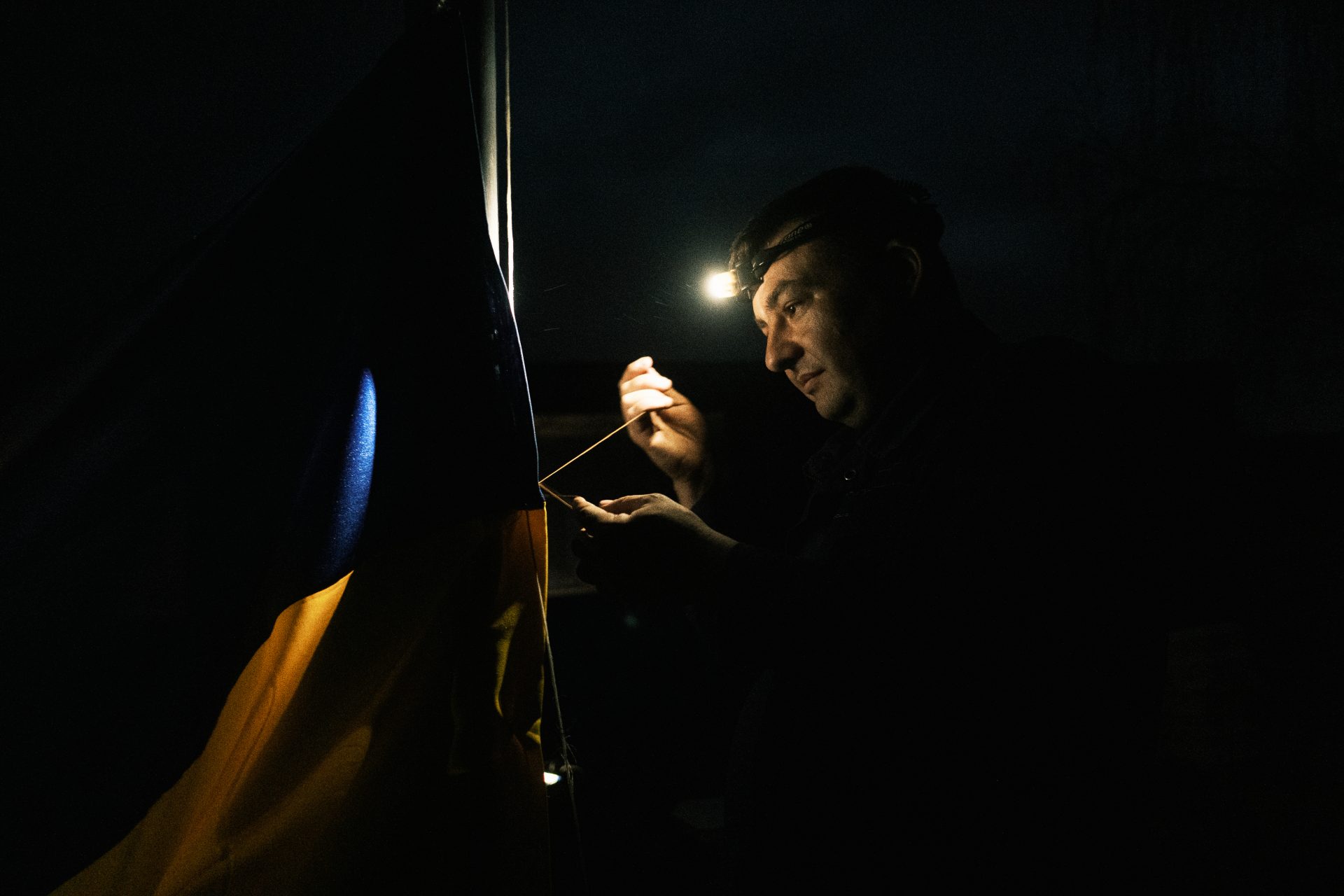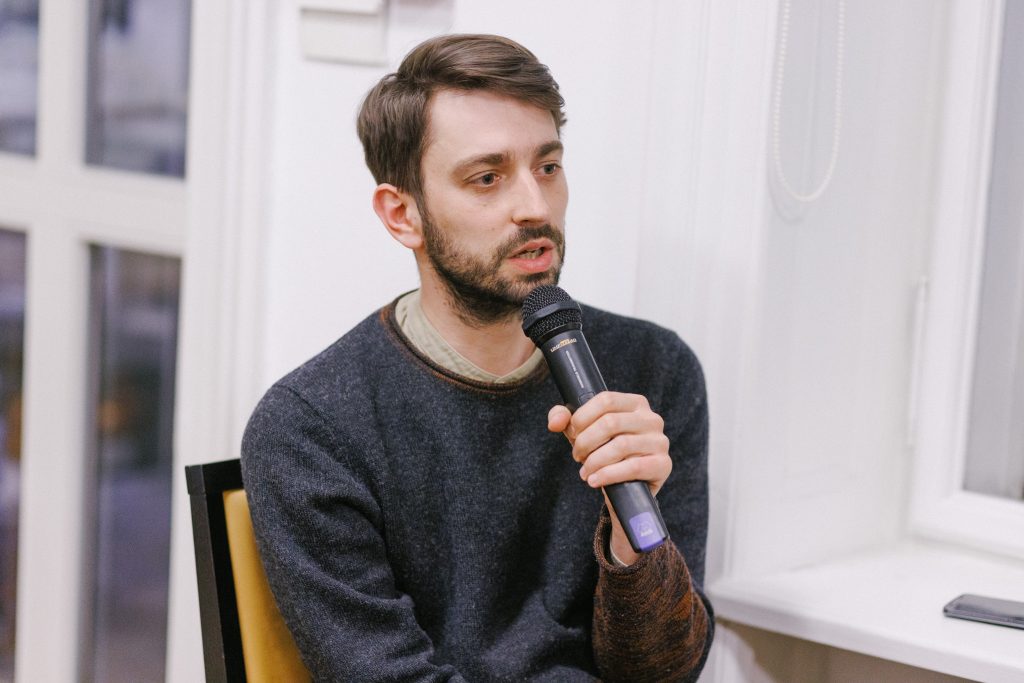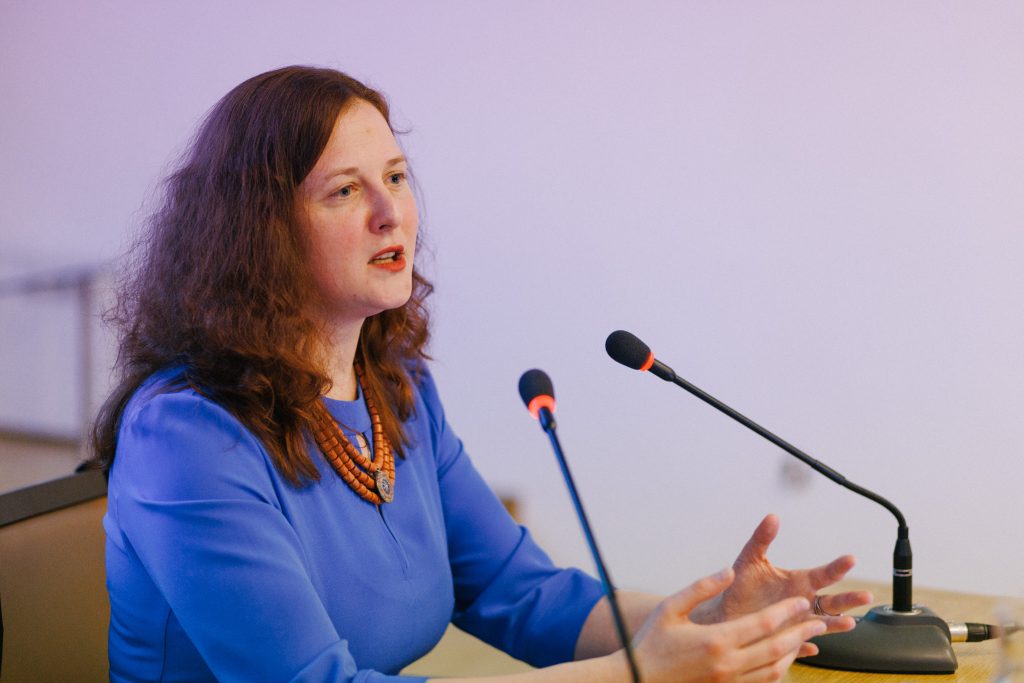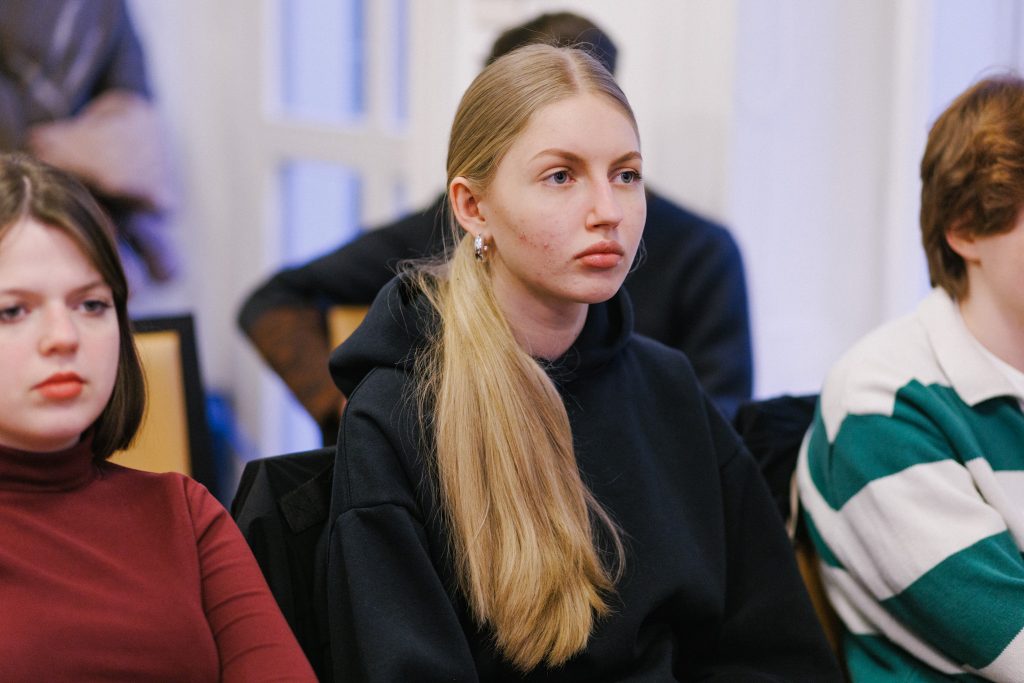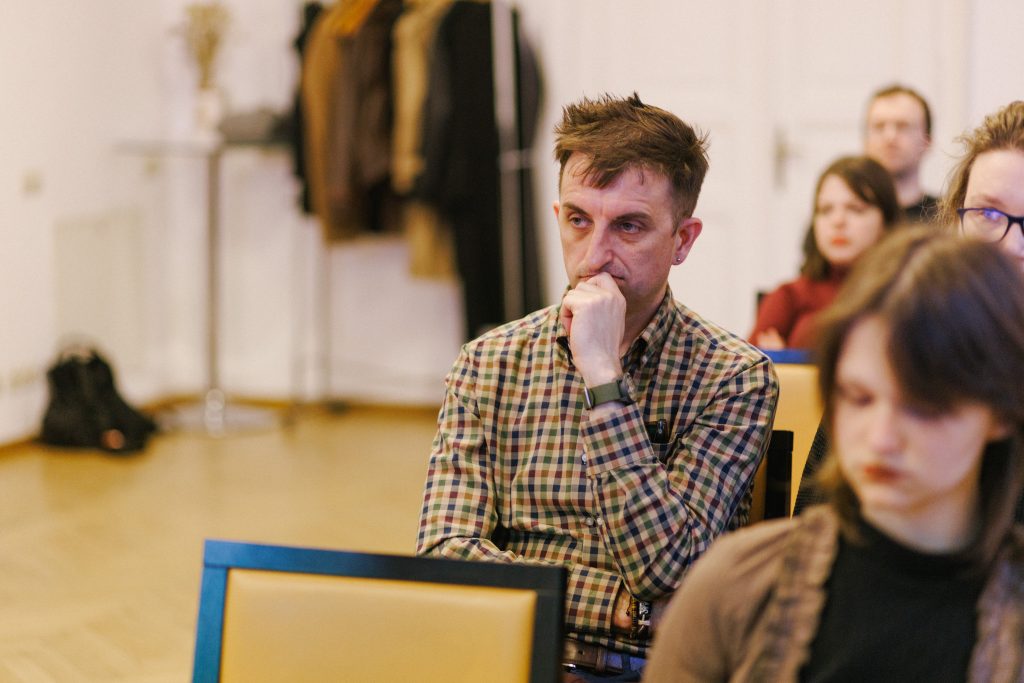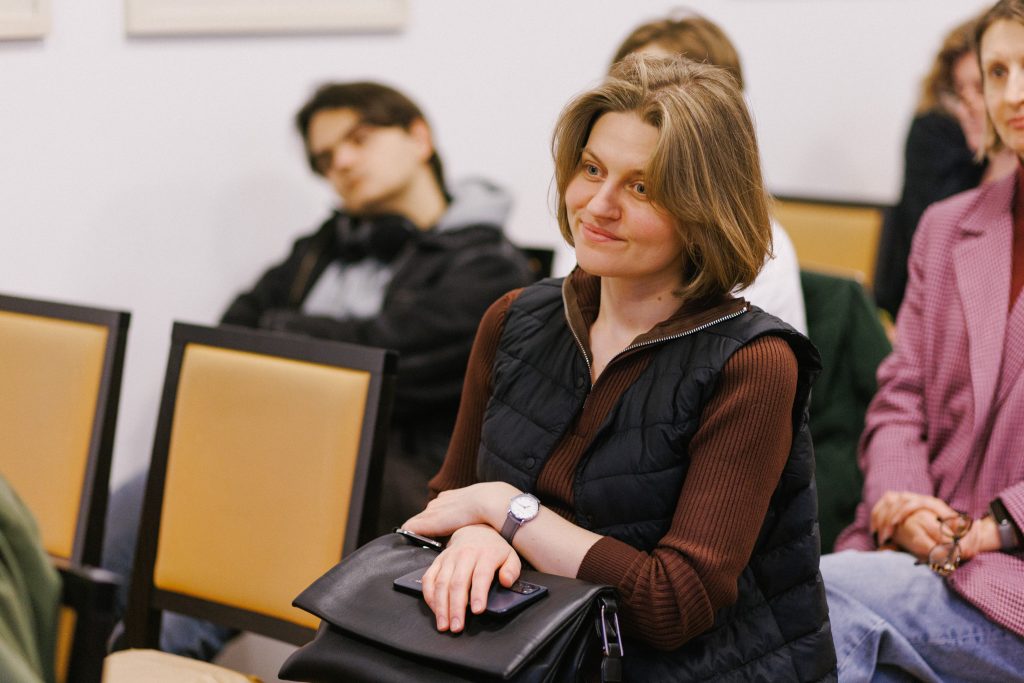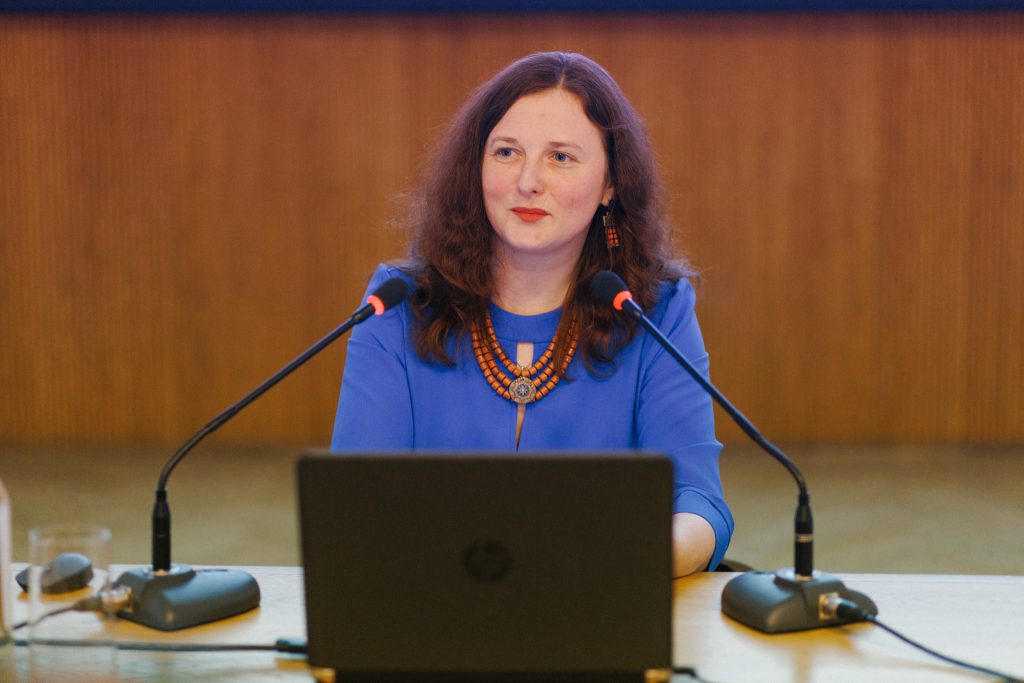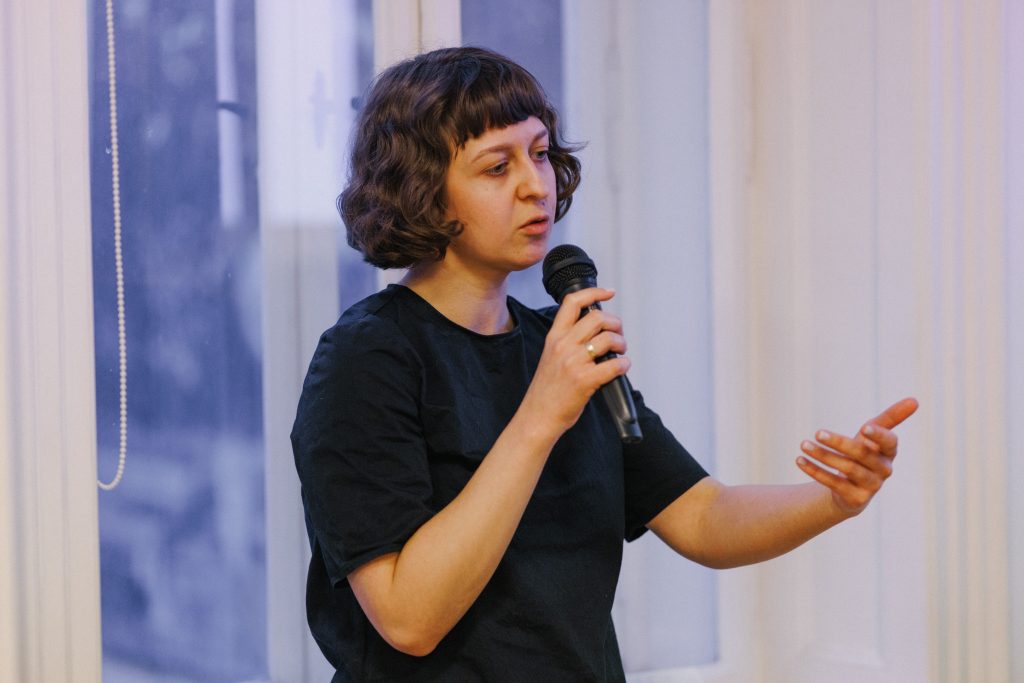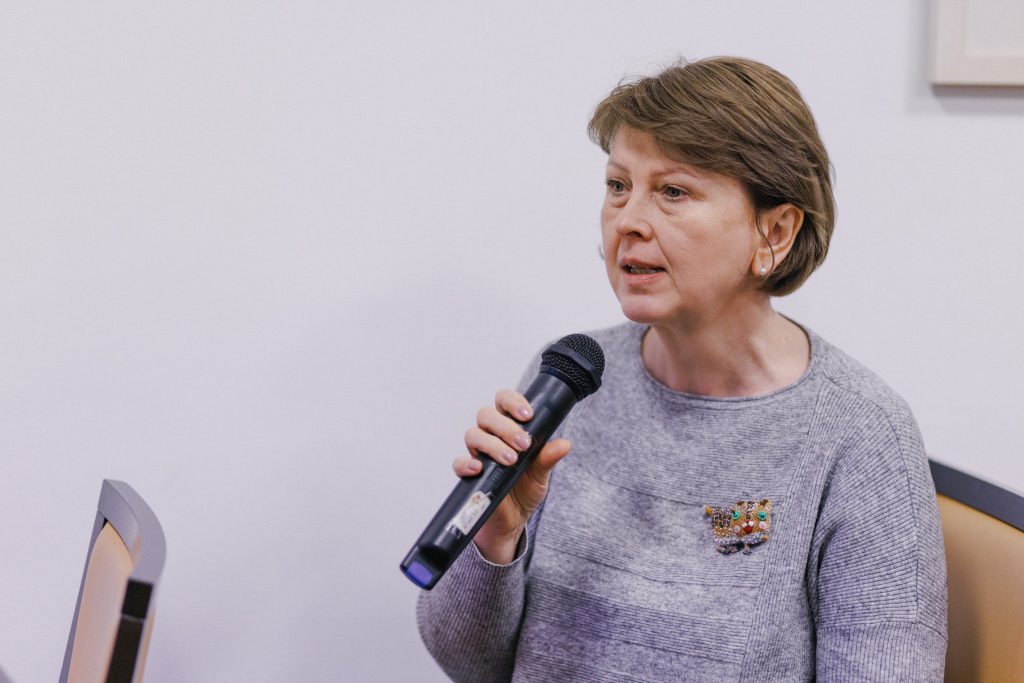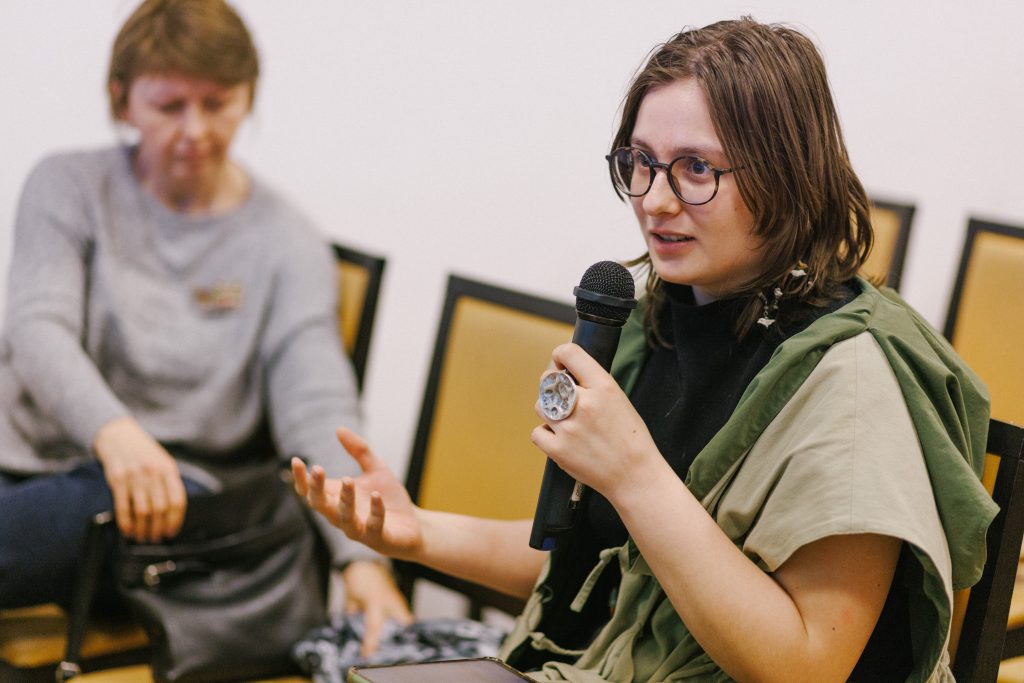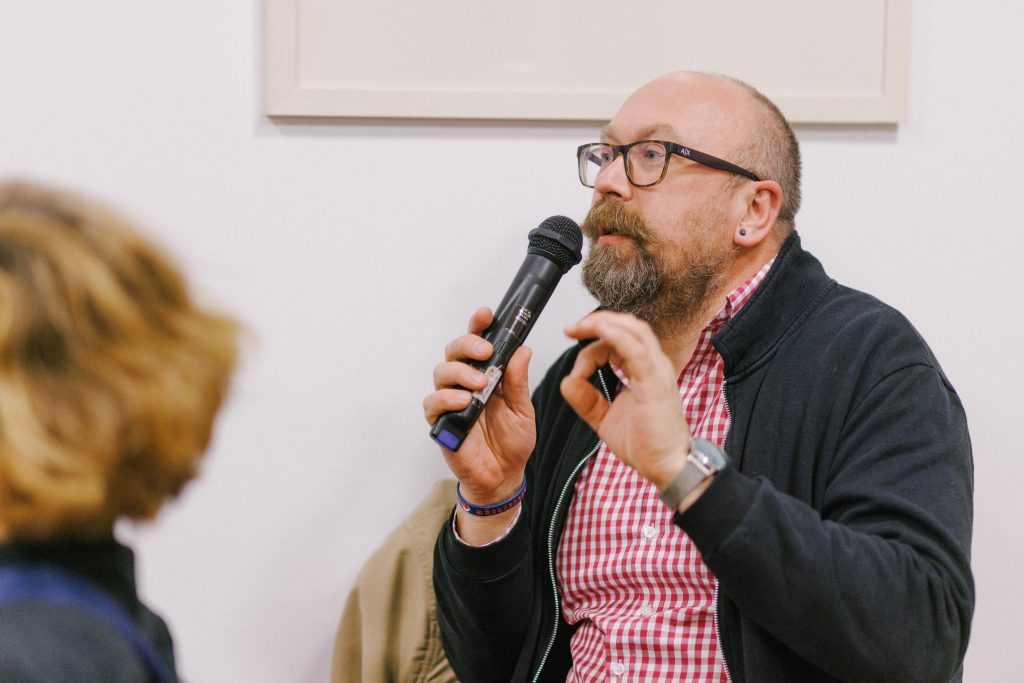From Rapid Response to Longitudinal Research: Creating an Archive for Oral Testimonies of the War
Dr. Natalia Otrishchenko
Center for Urban History3.4.2025, 18:30
Conference Room of the Center for Urban History
We invite you to a lecture by Natalia Otrishchenko, which will take place as part of the public program "Source as Choice".
An interview is a method that combines different temporalities. During an interview, people recall the past, reflect on the present, and express their wishes for the future. However, when the recorder is turned off, digital recordings of conversations take on life in new contexts and situations. How do participants in war documentation projects envision the future of their testimonies? What does the interview archive mean to them? For what purposes would they like these conversations to be used?
In the spring of 2022, the team of the Center for Urban History launched a series of documentary projects. One of them, "24.02.22, 5 am: Testimonies from the War", aimed to record and preserve the everyday dimension of living through the war by those people who were internally displaced or who reoriented their professional lives to volunteering. This initiative was one of the rapid responses to the challenge of a full-scale Russian invasion. At the same time, it was originally planned as the first stage of a participatory and longitudinal study that would result in a digital archive of oral testimonies of the war.
Based on the follow-up interviews with people whose stories the team of the "24.02.22, 5 am" initiative recorded in the spring and summer of 2022 and with whom they met again in 2024, Natalia will outline the specifics of people's perception of documentary work. She will talk about the different levels of archiving at which scholars practicing participatory research should consider the narrators' wishes: agreeing on priorities, establishing general principles of work, and developing practices for preserving, accessing, and using records. She will also argue that reflecting on the future of the recordings during the interview situation, which goes beyond the discussion and signing of informed consent, allows for a more nuanced approach to long-term work with war stories.
The lecture will be held in Ukrainian.
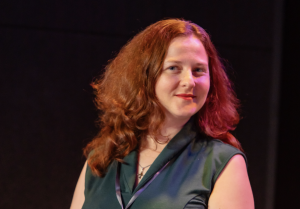
Dr. Natalia Otrishchenko
Center for Urban HistoryResearcher and coordinator of oral history projects at the Center for Urban History, PhD in Sociology. In 2019-22, she was affiliated with the Centre for Contemporary History in Potsdam, and in 2024-25 she was a UNET Fellow at ZOiS. She is a graduate of the Fulbright program (2022-23). Since March 2022, she has been working on the international documentary initiative “24.02.22, 5 am: Testimonies from the War”.
The event will be part of the Center's public program "Source as a Choice," organized by the Center for Urban History.
During the meetings, researchers will share their work with various sources on war and mass violence in the twentieth and twenty-first centuries. The choice to create and preserve sources can be one of the tools for embodying this violence or, on the contrary, for opposing it. Our choice to talk about these events through the prism of certain sources creates a field in which the complex past will live on in the present and future.
Credits
Cover Image: George Ivanchenko / Collection "Visual Documentation of War" / Urban Media Archive of the Center for Urban History
Gallery: Mariia Varanytska
